Abstract
This project explores the development of an organic water softener made from plant-based materials like soap nuts, citrus peels, and baking soda. Hard water, which contains high levels of minerals like calcium and magnesium, causes issues such as scale buildup in pipes and reduced effectiveness of soaps. This research aims to create a sustainable and cost-effective method for softening water by leveraging the natural properties of readily available organic materials. By using natural sources, this approach not only offers an eco-friendly alternative but also aligns with the principles of sustainable resource use.
Statement of the Problem
Hard water is a common issue in many households and industries, characterized by high concentrations of calcium and magnesium ions. These minerals lead to the buildup of scale in plumbing, reduce the efficiency of water heaters, and diminish the cleaning power of soaps and detergents. Traditional softening systems, like ion-exchange resins and chemical additives, are costly and may have environmental drawbacks due to brine waste. This project aims to address the need for an accessible, affordable, and environmentally friendly alternative by exploring the use of plant-based materials as natural water softeners. This solution would reduce water hardness in a sustainable way while minimizing ecological impact.
Objectives
- Investigate the effectiveness of natural materials – Test soap nuts, citrus peels, and baking soda for their ability to reduce water hardness.
- Develop an organic water softening formula – Combine plant-based ingredients to create a reliable and sustainable softening solution.
- Evaluate cost and environmental impact – Compare the homemade softener’s cost-effectiveness and sustainability to commercial alternatives.
Literature Review
Hard Water Issues
Hard water is caused by high levels of dissolved minerals, primarily calcium and magnesium ions. These minerals lead to scale buildup and reduce the cleaning efficiency of soaps and detergents. The removal of these ions is essential to prevent damage to plumbing systems and improve the performance of household cleaning.
Organic Softening Solutions
Plant-based materials like soap nuts and citrus peels contain natural compounds capable of binding to mineral ions. Soap nuts contain saponin, a natural surfactant that can improve water softness. Citrus peels have mildly acidic properties that may also aid in reducing hardness. Baking soda can adjust pH, potentially impacting mineral ion solubility.
Materials and Methods
Materials Needed:
- Soap nuts (reetha)
- Citrus peels (from oranges or lemons)
- Baking soda (sodium bicarbonate)
- Cheesecloth or muslin bag
- Hard water sample (containing calcium and magnesium ions)
- pH meter or test strips
- Water hardness test kit
- Beakers or glass containers for testing
Procedure
Preparation of Organic Softening Materials
- Soap Nut Solution:
- Boil a handful of soap nuts in 500 mL of water for 10-15 minutes. Cool the solution and strain out solids to obtain a saponin-rich liquid.
- Citrus Peel Extract:
- Soak fresh citrus peels in 500 mL of water overnight to extract the oils and acidic compounds. Strain to remove solids.
- Baking Soda Solution:
- Dissolve one teaspoon of baking soda in 500 mL of distilled water.
Testing Water Hardness (Before Treatment)
- Test the hardness of the untreated hard water sample using a water hardness test kit or pH meter.
- Record the initial hardness level to serve as a baseline for comparison after treatment.
Treatment Process
- Solution A (Soap Nut):
- Add 100 mL of the soap nut solution to 500 mL of the hard water sample in a beaker. Stir well and let sit for 10-15 minutes.
- Solution B (Citrus Peel):
- Add 100 mL of the citrus peel extract to another 500 mL sample of hard water. Stir and allow it to sit for 10-15 minutes.
- Solution C (Baking Soda):
- Add 100 mL of the baking soda solution to a separate 500 mL hard water sample. Stir well and let it sit.
Testing Water Hardness (After Treatment)
- After the solutions have sat for 10-15 minutes, use the water hardness test kit to measure the hardness of each treated sample.
- Record any changes in hardness, clarity, or pH for each solution and observe differences between the treated and untreated water.
Data Collection and Analysis
- Calculate Softening Efficiency:
- Calculate the softening efficiency of each solution by comparing the initial and final hardness readings:2.Analyze Results:
- Identify which solution is most effective at reducing hardness and note any trends across different materials.
- Compare effectiveness based on cost and environmental impact.
- Calculate the softening efficiency of each solution by comparing the initial and final hardness readings:2.Analyze Results:
Expected Results
It is anticipated that soap nuts will reduce hardness due to their saponin content, which acts as a natural water softener. Citrus peels may also reduce hardness mildly through acid interaction with minerals, while baking soda could impact pH, influencing mineral ion solubility. Each material is expected to offer a degree of softening, providing insight into the viability of plant-based alternatives.
Conclusion
This project aims to demonstrate the feasibility of using natural materials as water softeners. Based on the results, soap nuts, citrus peels, or a combination of these ingredients may offer a low-cost, environmentally friendly alternative to conventional softeners. This organic solution could be beneficial for households seeking eco-friendly ways to address hard water issues without the need for synthetic chemicals or costly equipment.

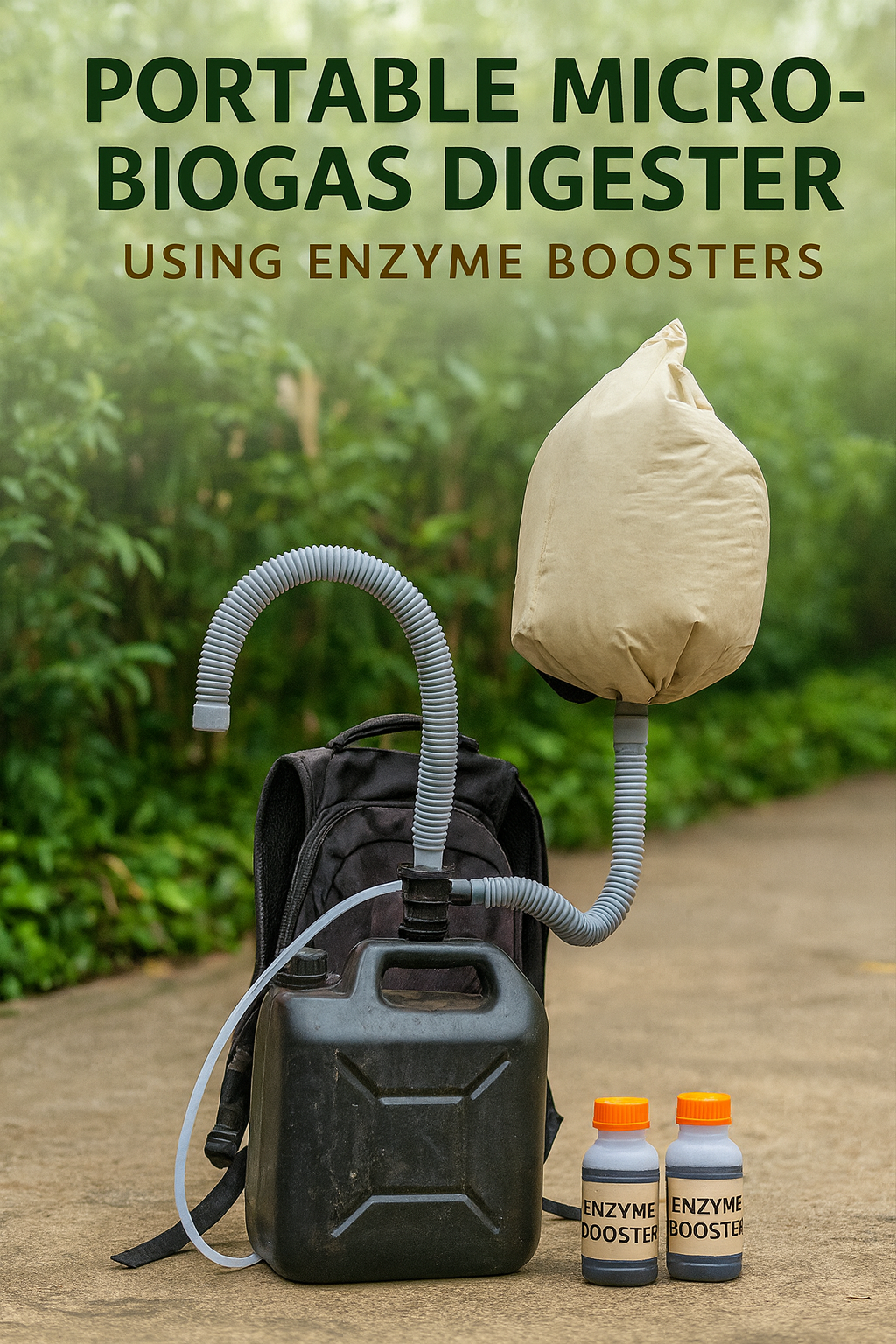
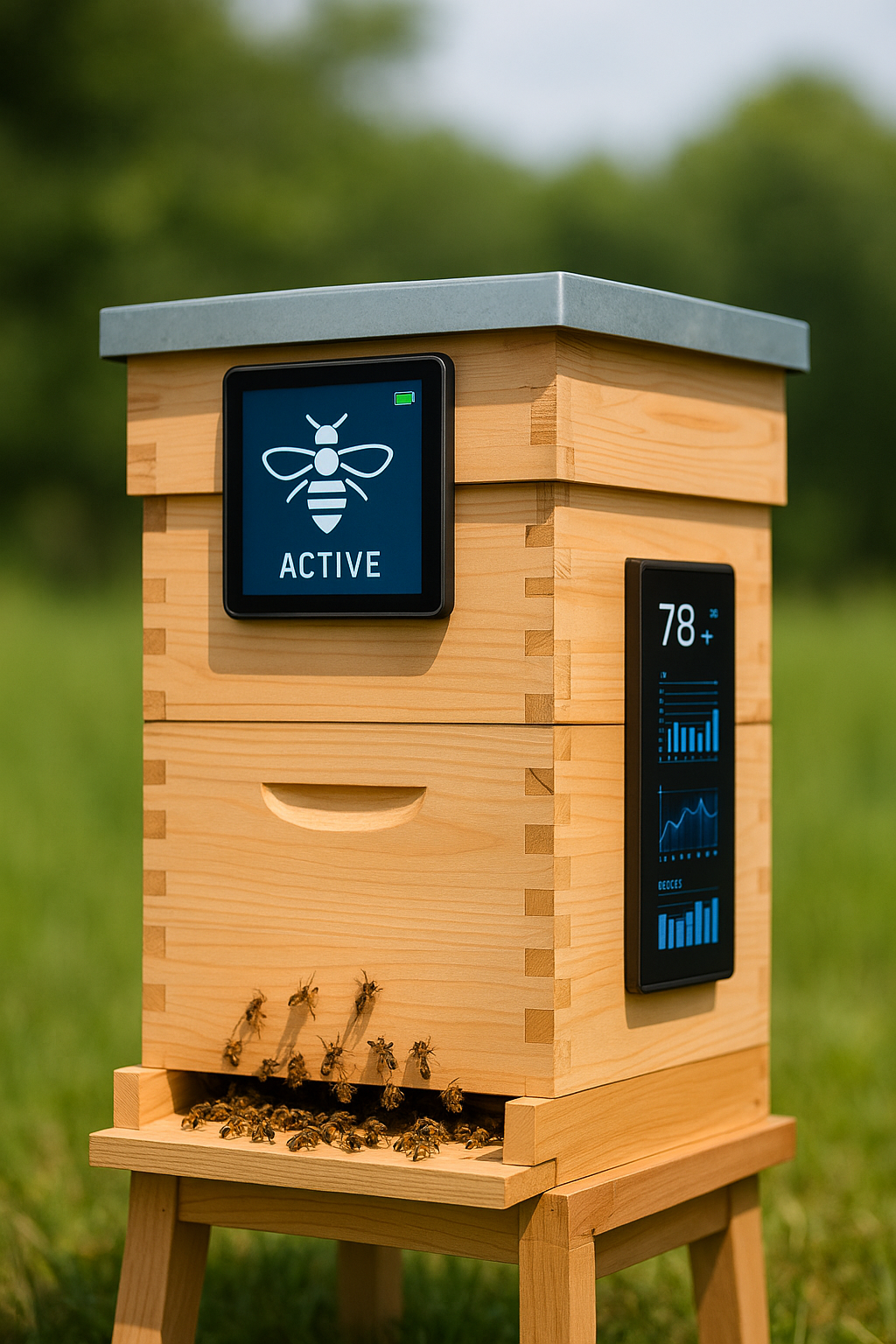

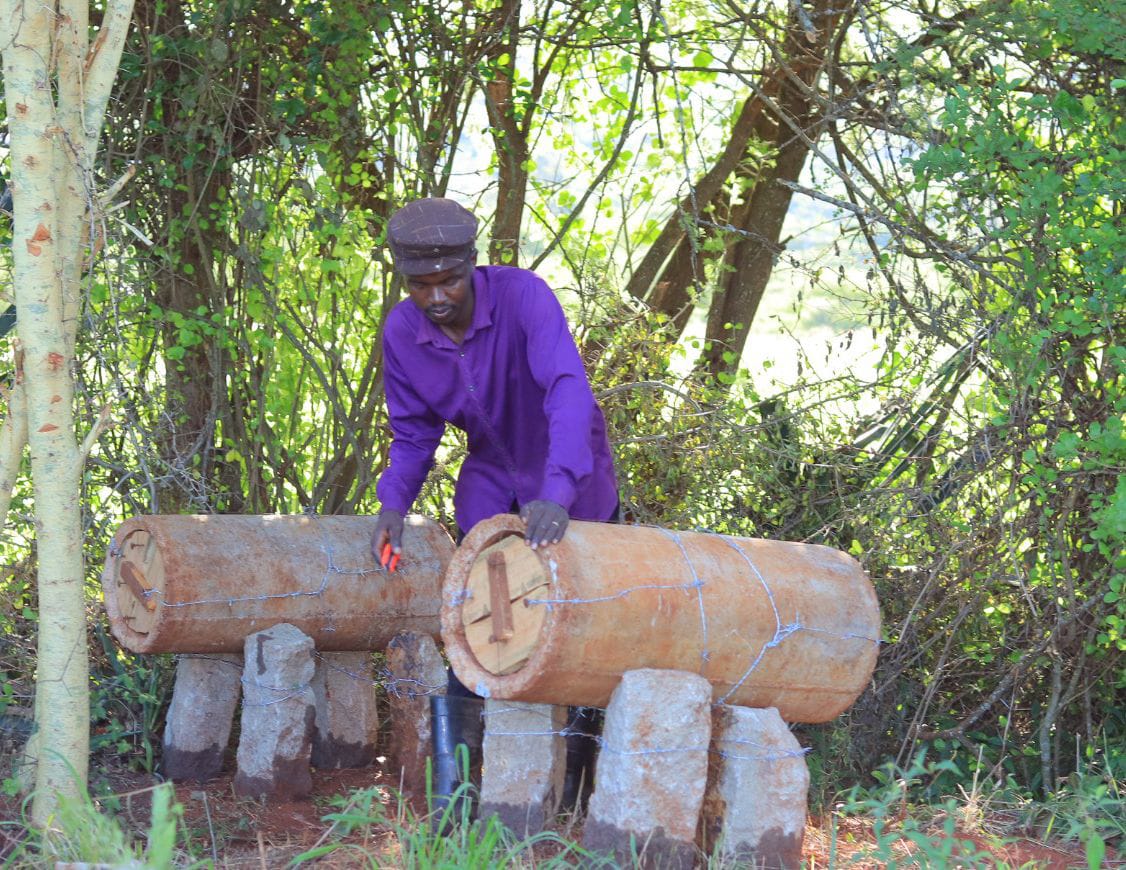
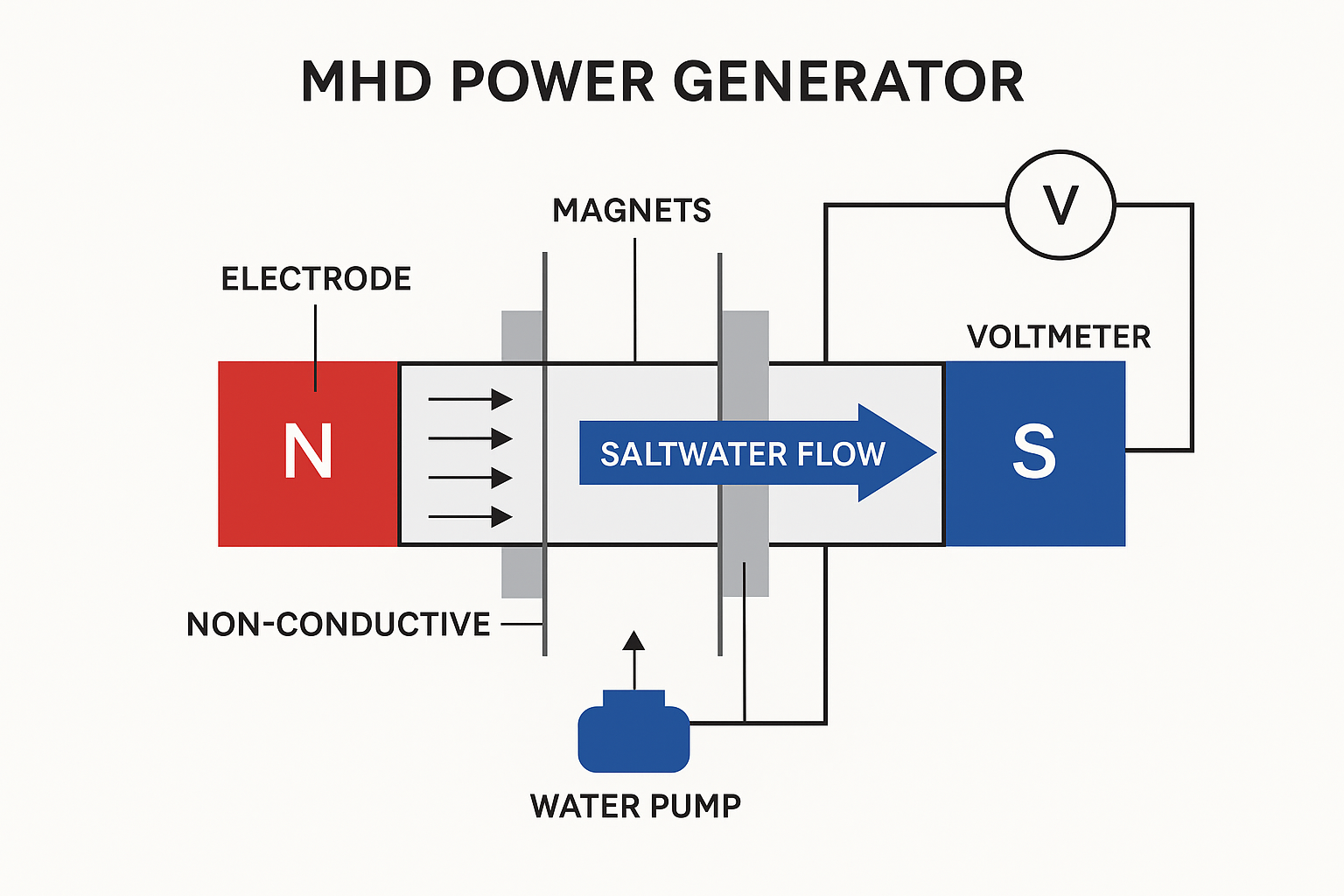
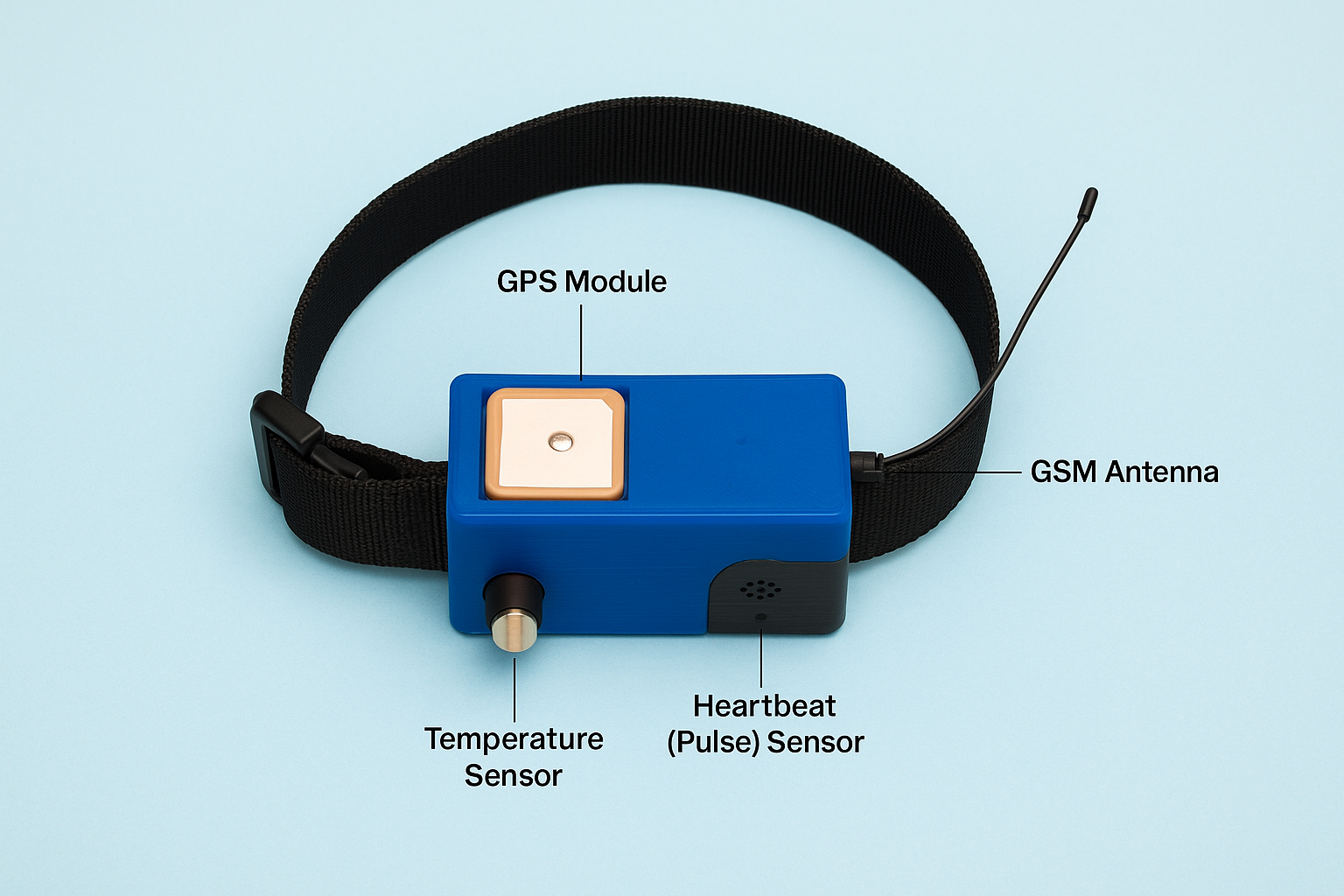
Good web site! I truly love how it is easy on my eyes and the data are well written. I am wondering how I could be notified whenever a new post has been made. I’ve subscribed to your RSS which must do the trick! Have a nice day!
Thank you for writing this post!
You’ve the most impressive websites.
The articles you write help me a lot and I like the topic
Please provide me with more details on the topic
Heya i抦 for the first time here. I found this board and I find It really useful & it helped me out a lot. I hope to give something back and help others like you helped me.
Wow, marvelous blog layout! How long have you been blogging for? you made blogging look easy. The overall look of your site is fantastic, as well as the content!
Thank you a bunch for sharing this with all of us you actually recognize what you’re talking approximately! Bookmarked. Please also talk over with my site =). We will have a hyperlink trade agreement between us!
Hello! I know this is kinda off topic but I was wondering which blog platform are you using for this website? I’m getting tired of WordPress because I’ve had issues with hackers and I’m looking at options for another platform. I would be great if you could point me in the direction of a good platform.
Hi my friend! I want to say that this post is awesome, nice written and include approximately all important infos. I抎 like to see more posts like this.
One other thing is that an online business administration study course is designed for individuals to be able to well proceed to bachelors degree courses. The Ninety credit college degree meets the other bachelor education requirements when you earn your associate of arts in BA online, you will get access to the most up-to-date technologies with this field. Some reasons why students want to get their associate degree in business is because they can be interested in this area and want to receive the general knowledge necessary prior to jumping in to a bachelor college diploma program. Thanks for the tips you really provide within your blog.
I’m truly enjoying the design and layout of your site. It’s a very easy on the eyes which makes it much more pleasant for me to come here and visit more often. Did you hire out a developer to create your theme? Fantastic work!
no is my original work
I know this web site provides quality depending content and additional stuff,
is there any other site which offers such stuff in quality?